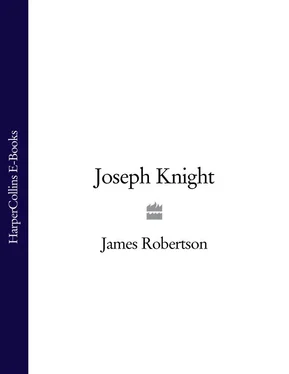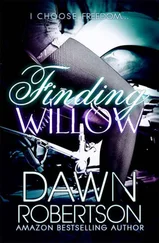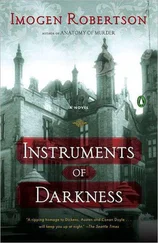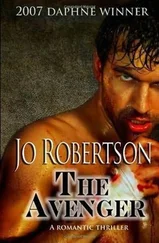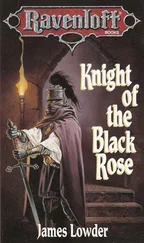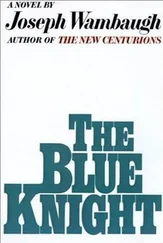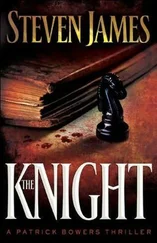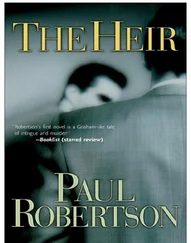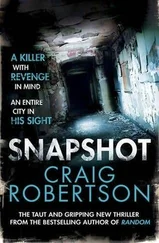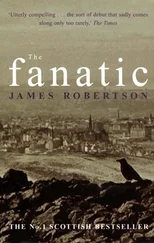John looked again at the carcasses in the cages. ‘The French?’ he asked. ‘Were they in league with the French?’
‘Bugger the French. We’re at war with them .’ He sucked on his pipe again. ‘You’ll see if I’m not right,’ he said.
Months after his arrival, a letter reached John via Mr Paterson’s business. The letter had been weeks on board a ship crossing the Atlantic. It was written in his father’s hand. He opened it eagerly, forgetting how much time must have passed since its composition. It was very brief, a few lines only:
27 November 1746
Dear John,
Today I got notice that I am to be executed tomorrow.
The paper swam before his vision, his heart doubled its pace. With an effort he focused on the writing again.
I was proved reviewed by the Prince at Edinburgh with a small sword and pair of pistols when you know I was not in arms there, the injustice and untruth of which with a great many other things I designed to have expatiated more fully upon if I had time. I hear that while you stayed here you parted too easily from your money which will not do, I need not tell you to take care and please Mr Paterson.
Damn Mr Paterson! Mr Paterson was in London! He, John Wedderburn, was stuck in the Indies, and all his father could do – had been able to do – was complain about untruths and tell him to curb his spending. Take care . Take care of what, his empty purse? His browning skin? O God, Papa was dead! What had they done to him? They had wiped him clean away. As if to emphasise that awful fact, the letter was not even signed.
He tried to persuade himself that there might have been a reprieve, but he knew it could not be. A week, a month passed: no joyous, God-praising letter in the same hand arrived. Instead, in January, came his brother James to confirm the news.
The boys spent a week getting drunk together, which would not have pleased Mr Paterson if he had got to hear, but he did not, since Mr Paterson’s representatives were often to be found joining in the sessions. When they were on their own, the brothers tried to make sense of what had happened, where and who they now were.
‘Are you the sixth Baronet of Blackness, then?’ James wanted to know. ‘Now that Papa is dead.’
‘I don’t see how I can be. We lost Blackness years ago. We’ve even lost the farm at Newtyle.’
‘But Papa kept the title, did he not?’
‘I think it will be taken anyway, James, on account of our being out. At the moment I don’t care, I don’t feel like a baronet.’
James looked angry. ‘Well, if you don’t want the title I’ll have it. You dishonour Papa talking like that. He was strong right to the end.’
Then James told John of their father’s last night alive. To pre-empt last-minute applications for mercy it had been intended to keep the date of execution a secret from those about to die. On the evening of 27 November, James had been allowed in to see him. Sir John had been in the middle of a game of backgammon, and James had sat down beside him to watch. A few minutes later, a jailer had approached and whispered something in the father’s ear. Sir John had paused, his finger resting on one of the stones, as if contemplating what move to make. ‘Friend,’ he had said to the jailer, ‘would you kindly stand out of the light till I finish this game?’ Then, having played it out, he had put his arm around James and called for wine. When the men around him all had glasses, he told them the news: ‘I regret to tell you that I am to be executed tomorrow. There is no time for an appeal. I therefore ask you to join me in a farewell toast and then to indulge me with some solitude. My son is here, and I have letters to write.’
After the wine was drunk, he and James were given space alone. Sir John wrote half a dozen brief letters: one to his wife; one to John in Jamaica; three to relatives in Scotland entreating them to look after his family; and one to His Royal Highness, Prince Charles Edward Stewart.
‘He showed me that one,’ James said. ‘He wanted me to see that he remained loyal even after what had happened. He said we were all poor and he hoped the Prince would protect us. He sealed it up and gave it to me with the others, to give to Mr Paterson.’
‘ Will the Prince protect us?’ John asked.
‘Of course he won’t. How can he? He’s away to France and he’ll not be back. I doubt Papa expected much from that quarter. The point is, though, he never wavered. And we must never waver. If we do, we will vanish.’
As Papa had vanished, John thought, but he said nothing. Perhaps James also felt the irony of his own remark. In the prison, even at that late stage, he had tried to persuade their father to do something to save himself. Ever since the sentence there had been a steady flow of visitors at night, including assorted vendors of ale and port, barbers, tailors and whores, all of whom anticipated doing some kind of business. Men condemned to death, after all, might as well spend what money they had left, either to look their best before the gallows crowd, catch the pox or drink themselves into oblivion. James had proposed that they pay one of the whores to lose some of her clothes – on a permanent basis – and get his father out in them. Sir John had dismissed this scheme: ‘Do you know how many hairy big-boned women are stopped leaving prisons on occasions like this, James? I do not wish to be discovered in such circumstances and ill-used on my last night on earth. I’m as well dying now as twenty years hence.’ Then he had blessed the boy, embraced him and sent him away. ‘Do not come here tomorrow. There will be nothing more to say. You will only make it harder for me to die.’
‘And did you obey him?’ John asked.
‘Aye. I did not see him at the prison again.’ James closed his eyes. He was shaking. John put his hand on his brother’s arm. James opened his eyes again. ‘I saw him later,’ he said. ‘At Kennington.’
But it would be a long time before he would say what he had seen there.
John had finally adjusted to the climate. James appeared to need no seasoning. His energy and curiosity were astonishing. Kingston veterans marvelled at him. He had a hundred schemes to make the best of their situation: to make money, lots of it; to work hard and live hard; and one day, to go back to Scotland.
John concurred with all of these propositions, especially the last one. He was more cautious, less certain that they would succeed, but he would put his back to the wheel and make it turn. His father’s reproach about the money rankled: it would rankle for twenty years. The last thing he had thought to say to him: you parted too easily from your money which will not do . Very well then: he would amass wealth. He would not squander it. He would not be the prodigal son. He would be the 6th Baronet. He would go home to enjoy his own again.
He was not the only one thinking along these lines. The island was something of a Jacobite refuge. Every boat, from America or Europe, disgorged another young or middle-aged man who found it expedient to sojourn in the sun for a few years. Some only lasted a few weeks: the sun was no friendlier than Butcher Cumberland. Those who ignored the dire warnings of old hands about the wrong food and drink, yellow fever and mosquitoes, the importance of clean water and the dangers of dirty cuts and grazes, dropped by the dozen. But the Wedderburns survived, working for one or other of Mr Paterson’s enterprises – he had stores in Kingston, and his agents acted on behalf of a number of plantations across the island. Another Jacobite exile and one of their old Perthshire friends, George Kinloch, had been made overseer of a small plantation in the west, near the port of Savanna-la-Mar. They were pleased for George, and when they went to visit him they liked what they saw of that end of the island. ‘There are opportunities here,’ James said. ‘There are great opportunities.’
Читать дальше
